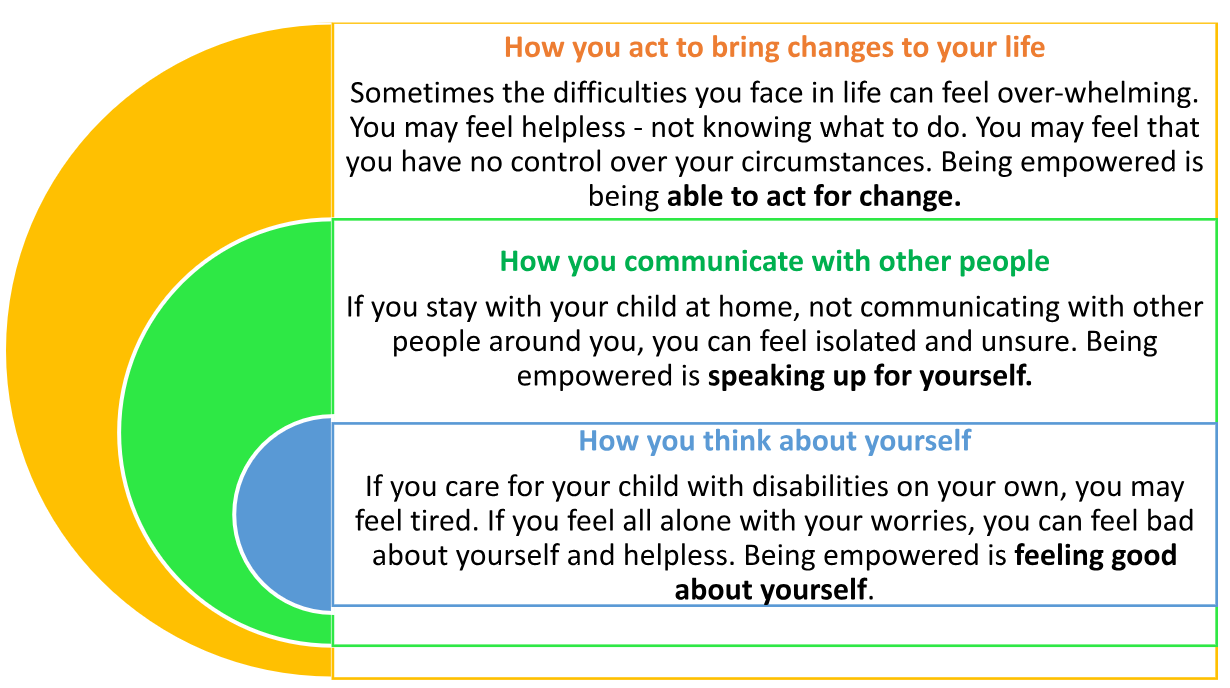How We Do It
Self-help groups offer the opportunity for caregivers to come together and share their burden. Through regular meetings they discover they are not alone and find friendship and support.
“We share stories, ask each other how we feel at our homes and give each other assurance that things will change for the better in this group.”
“We have children with disability. This is what binds us together. We work together, we talk together and laugh together...”
“We come to meetings when disturbed, unhappy and with thoughts. But we laugh together, and then leave here when happy and relieved.”
“I’m happy this group has made me feel like living again”
Developing self-help groups
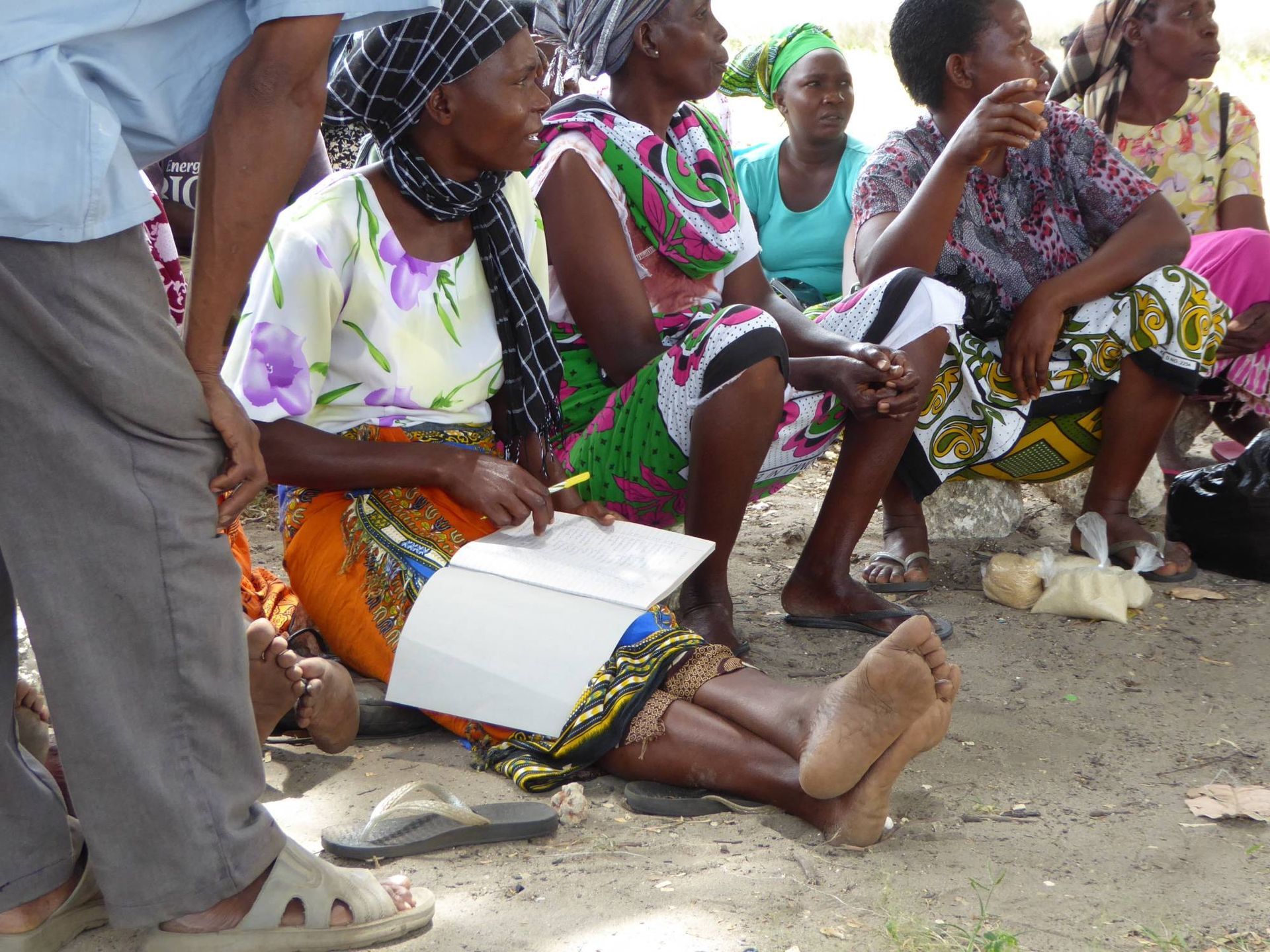
Set-up
Our self-help groups of caregivers are brought together by existing community groups in Kilifi county, such as women’s groups, community health worker groups and church fellowships. Sometimes we get to hear of a group in need of support through Kuhenza for the Children Foundation, an NGO focused on providing rehabilitation and education for children with disabilities in the area.
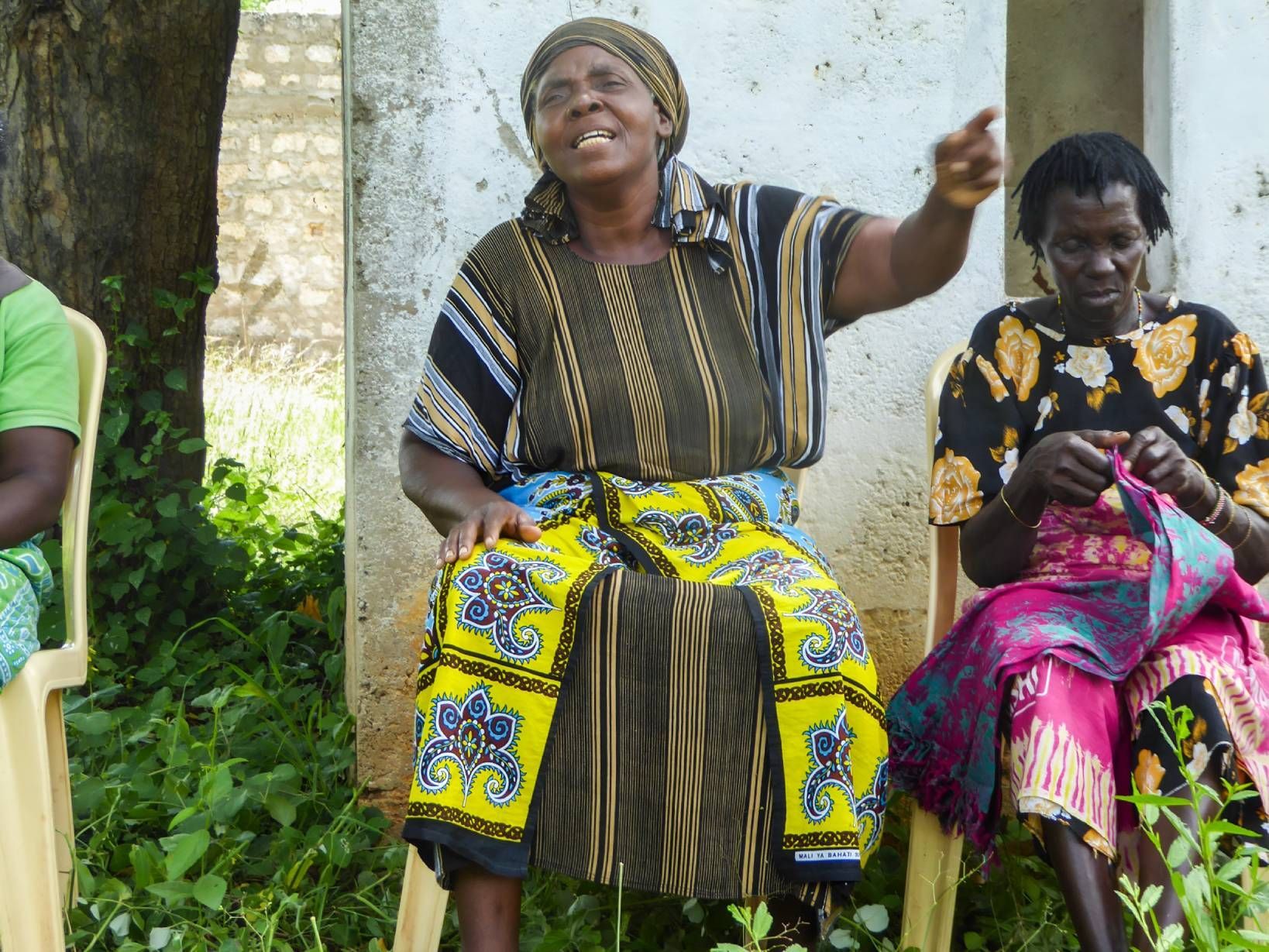
Getting to know each other
The members get to know each other, sharing their experiences as caregivers and what they hope to get from the group. They visit each other at home, bringing small gifts such as skin oil, clothes and food for the person with disabilities. We ask the groups to record the name, age and family details of all members, and provide details of the support needs of the person with disabilities. Then they vote for who will be the Chairperson, Secretary and Treasurer.
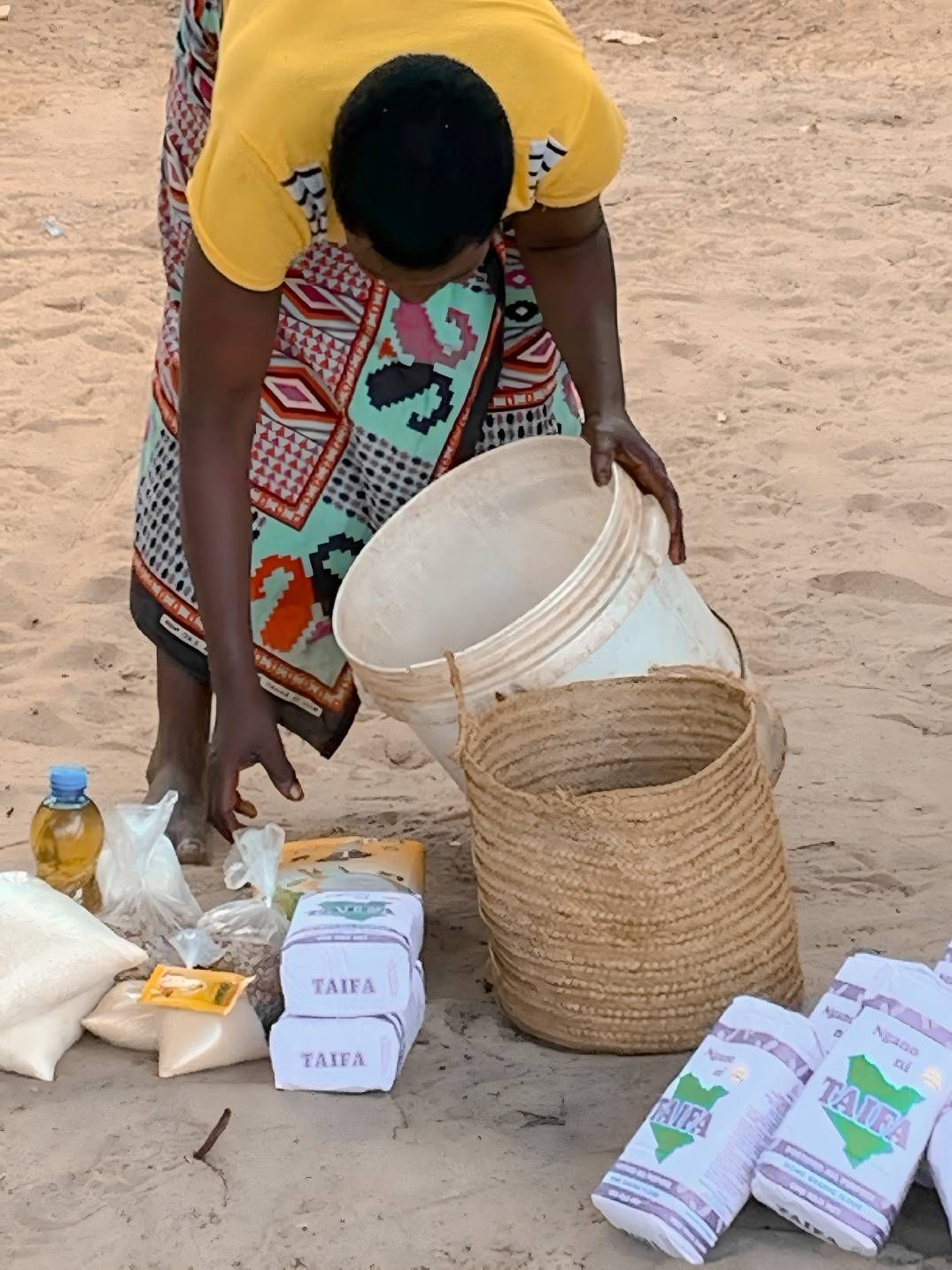
Moving on
Most groups meet at weekly intervals. Our partner NGO, Walezi Foundation supports them with once monthly visits to each group to listening to their concerns, responding to their questions and reviewing the group aims and activities. In particular, they provide guidance on the recording of the groups activities and their financial accounts.
All the groups start with ‘merry-go-round’ whereby each member contributes a packet of food (e.g. flour, sugar, cooking oil) or a small amount of money at group meetings. The contributions are then given to just a few members of the group who then have greater resources to provide for their family. Each meeting the merry-go-round continues until all members have had their turn as recipient of the goods. Then the round commences again.
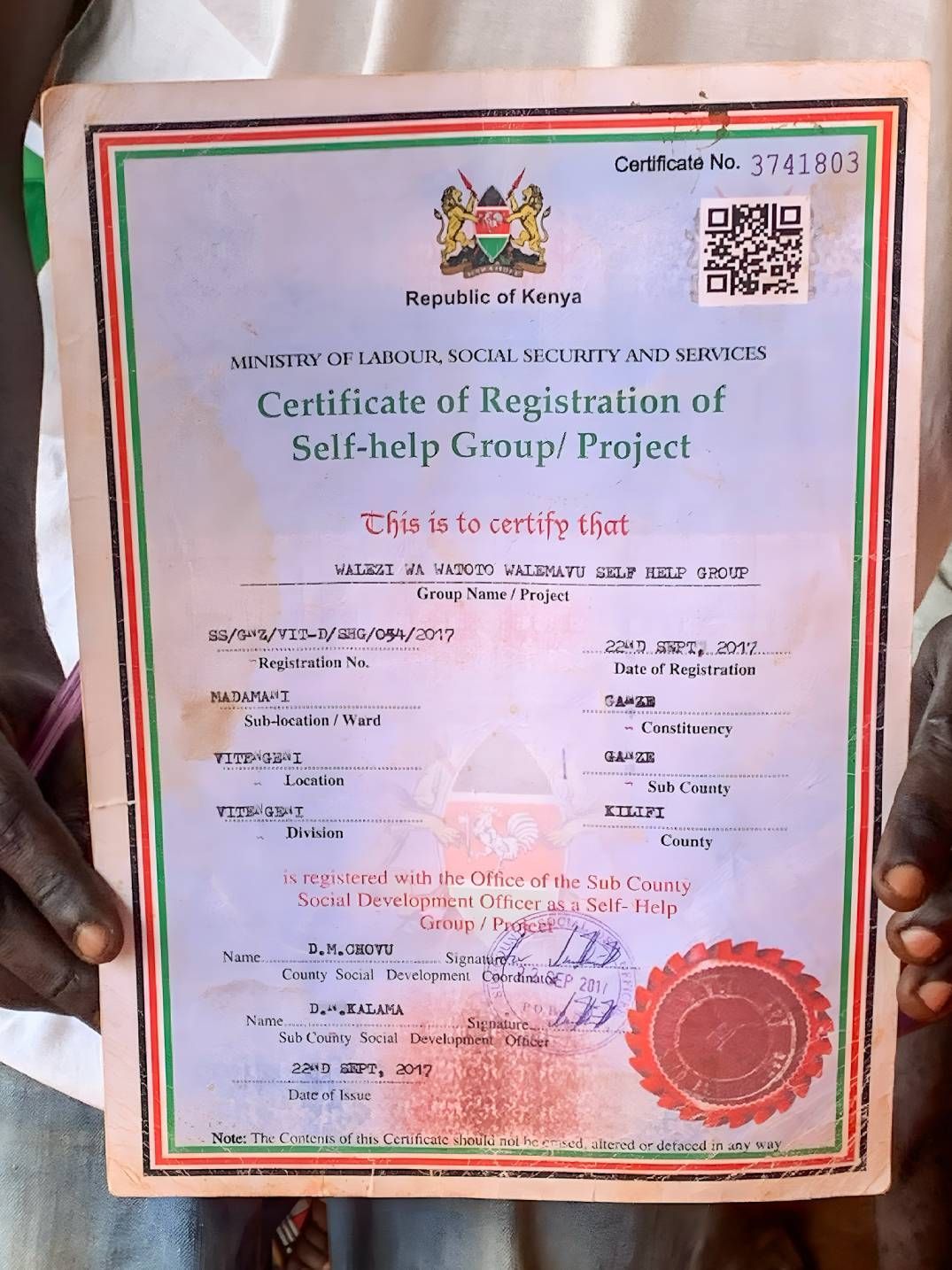
Formal registration
After some weeks, the group registers with Kenyan government Department of Social Development as a self-help group and opens a group bank account.
Empowering caregivers
A series of facilitated meetings are carried out by our partner NGO – Walezi Foundation Kenya. The meetings invite the caregivers to review and discuss particular topics to help them towards empowerment. The caregivers are encouraged to talk about: their personal situation and consider ways to support each other in the group: how the children and other family members with disabilities might be included in home and community events; how they can encourage more positive attitudes towards disability in the community; how to ensure access to education and health services for all; and what practical solutions can be found to relieve the challenges faced by caregivers and the people they support.
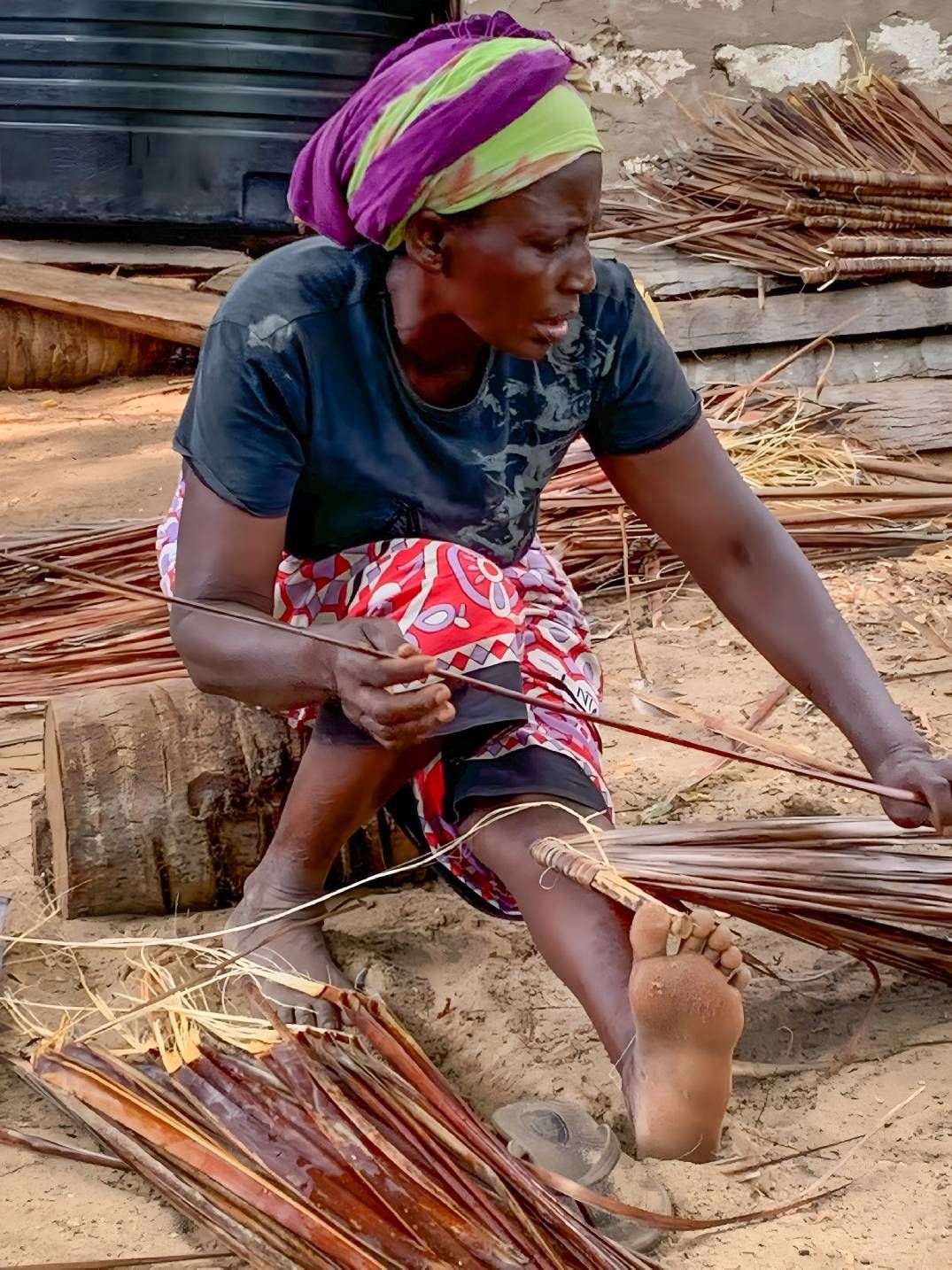
Livelihood
Once a group has shown it has: regular attendance of its members; a certificate and bank account; successful management of merry-go-round; a group livelihood project (e.g. farming); and it has also supported the members and their children with disabilities, then they are able to apply for a capital project.
A capital project is one that has greater costs and potential benefits that requires funding from our charity. The group has an idea. They discuss the idea amongst the members. Then they discuss their ideas with someone from Walezi Foundation Kenya, our partner NGO, who helps them to complete a proposal form. The proposal contains the project aim, the costs, the knowledge and skills required, the market and potential outcome, any potential risks and their mitigations. The Walezi-caregivers Kenya trustees review the project proposal and assess the chances of success. Once a proposal is approved, we fund and monitor the project development through operation to income and growth.

